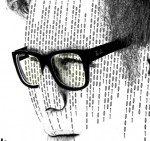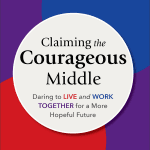Richard Rahn is an economist at The Washington Times, as well as Adjunct Fellow of Economics, Technology, and Democracy at the Discovery Institute. In yesterday’s Washington Times, he posted a column concerning the lack of economic development in most Muslim countries. The immediate challenge is this — shouldn’t we in the West be doing something to help alleviate this poverty? Would the investment of more of our money in this way help to change the perception of the West that fuels extremist terrorism?
“The U.N. publishes the Human Development Index (HDI) each year. The HDI is a comparative measure of life expectancy, literacy, education, and standards of living. The Index was originally developed in 1990 by a Pakistani economist. Of the 32 countries rated “High” last year, not one was a Muslim majority country. However, of the 30 countries rated “Low,” 16 were Muslim countries.
As long as the Islamic world remains relatively poor and uneducated compared with the rest of the world, the young will have higher levels of discontent and will be easy prey to the Islamic fundamentalists. While many modern and moderate Muslims realize [that] bashing the West, the U.S., and President Bush in particular will not solve the ills of the Islamic societies and economies, most still do not appreciate the full importance of economic freedom in giving their people hope, opportunity, and productive lives.”
— Richard Rahn, The Washington Times.
Rahn’s column raises interesting questions — he begins with the most provocative: “Is there something inherent in Islam that has resulted in most Muslims living in poor countries, with the exception of the relatively few who live in the oil rich states?”
That question is, of course, a challenging one to answer. Few attempt to thoroughly address Islam and the differences between Islam and Christianity. Udo Middleman, writing for the Francis Schaeffer Foundation, is one who has. His article is worth a read to stimulate thinking, although you may well find yourself disagreeing with some of his conclusions — I certainly did.

















